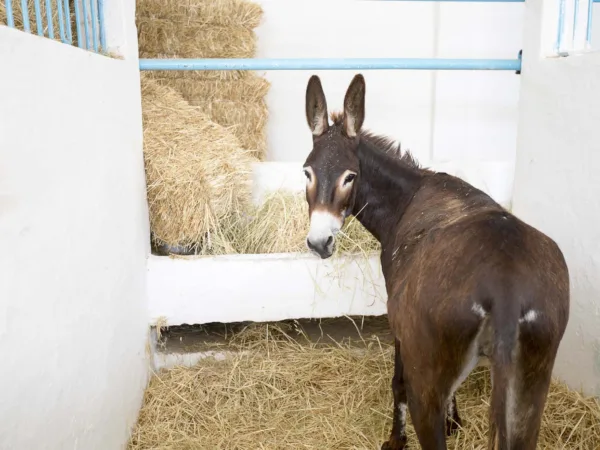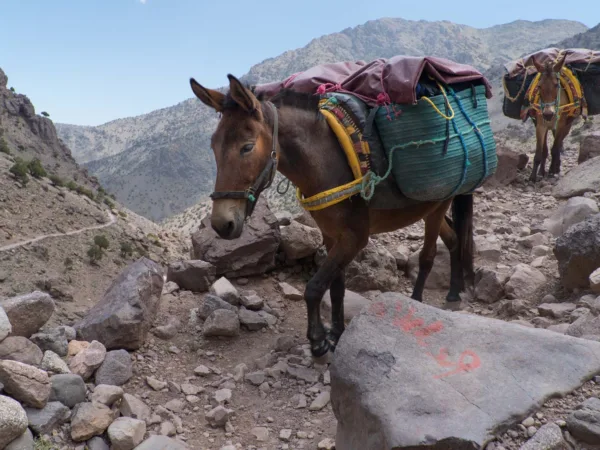What are working donkeys?
There are an estimated 42 million working donkeys that in low-income countries are being used to do jobs of trucks, tractors and cars. These animals support the livelihoods and other domestic needs of people living within vulnerable communities where vehicle ownership for most is unattainable.
Why do working donkeys still matter?
Quite simply, many individuals, families and communities across the world thrive or survive in climactically harsh or low-income societies thanks to the work of donkeys. Working animals globally (including horses, mules and camels) support the lives of an estimated 300 million people.
What are working donkeys used for?
- Transport – donkeys are used like taxis to transport people around cities, towns and rural areas, for example helping people to travel to school, for work, shopping and hospital visits
- Farming & Agriculture – Whether it’s ploughing, harvesting, transporting crops or water, donkeys are often used for farming across low-income countries. SPANA clinics commonly see working donkeys used in farming in Zimbabwe and Jordan.
- Commercial Work – donkeys pull carts transporting materials, collect waste and deliver supplies. SPANA treats donkeys keeping some of the poorest societies in the world moving, such as in Mali and Mauritania.
- Tourism – In Morocco SPANA sees many donkeys used as pack animals to transport goods and equipment for tourists in harsh rural or mountainous areas.
- Domestic work – Whether it’s collecting water or firewood, working donkeys can be used for domestic work instead of or in addition to income generating work. Often the domestic chores a donkey assists with means that children are able to go to school instead of having to complete these vital tasks unaided. This can be seen in Botswana.
- Riding therapy animals – Donkeys have an affinity with people and specially trained donkeys are often used for riding therapy for children with special or complex needs. This is as true in the UK as it is in our centres in Morocco and Mali, where donkeys are cared for and trained by our expert staff.
Welfare issues
Donkeys in low-income countries can have tough lives because of poor welfare standards if their owners do not have the following resources available in their communities:
- Knowledge of how best to care for their working donkeys
- Safe and proper equipment to work donkeys without causing injury
- Access to farriery services for general donkey hoof care
- Veterinary services available if their donkey becomes ill or injured
SPANA is here for working animals
In countries across Africa, Asia, the Middle East and Latin America, we provide a range of services to empower the owners of donkeys to provide a higher level of care for their animals. This includes access to veterinary treatment, proper equipment to work a donkey without causing injury, and animal welfare training for owners as well as education in schools. We also develop the skills of local veterinary staff in the countries in which we work through professional training.
We can only do this important work thanks to the generosity and shared dedication of our supporters, who are helping us to transform the welfare of working donkeys and other working animals across the world. Please donate to our work today.


